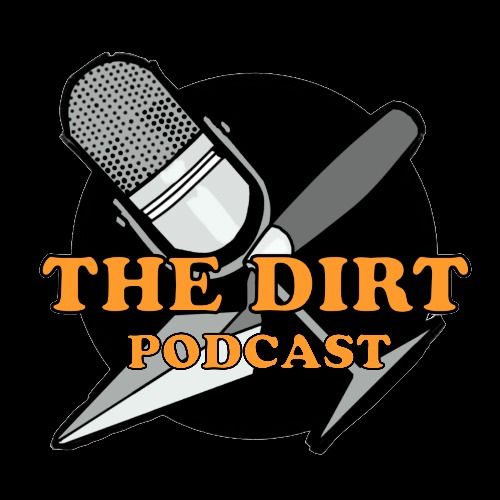Episode 8
Don't Call Them Hobbits (Homo floresiensis)
Vacation season is here, and Anna and Amber are island-bound: To the site of Liang Bua, Indonesia! Join them as they get to know Homo floresiensis, our diminutive extinct cousins in Flores, and discuss their place on our complicated, ever evolving human family tree. Plus, local lore about small, hairy cave-dwellers said to steal food and/or children, and a brief moment of Hobbit (TM) Drama.
To learn more about this episode's topic, check out:
Bibliography and 3D tour of Liang Bua Cave
'Hobbits' on Flores, Indonesia (Smithsonian Institution)
Homo floresiensis (Australian Museum)
Van den Bergh, Gerrit D., et al. "Homofloresiensis-like fossils from the early Middle Pleistocene of Flores." Nature 534.7606 (2016): 245.
Ten Years On, the Flores “Hobbit” Remains an Evolutionary Puzzle (Smithsonian)
Where did we come from? A primer on early human evolution (Cosmos)
Origins of Indonesian Hobbits finally revealed (ScienceDaily)
Homo floresiensis (Smithsonian Institution)

